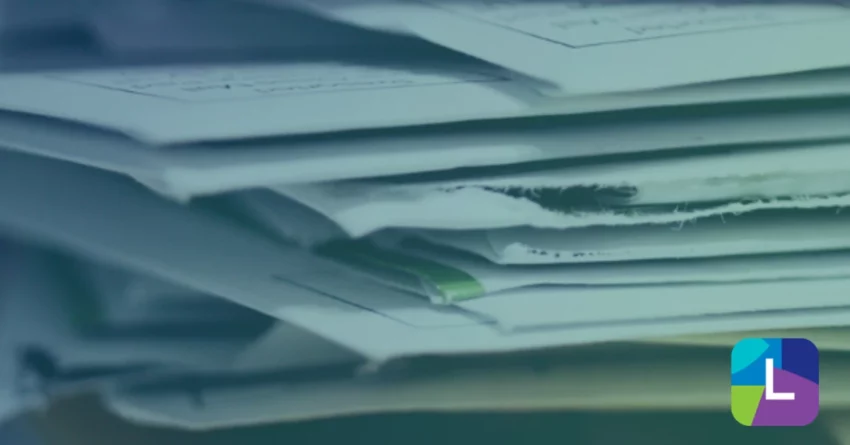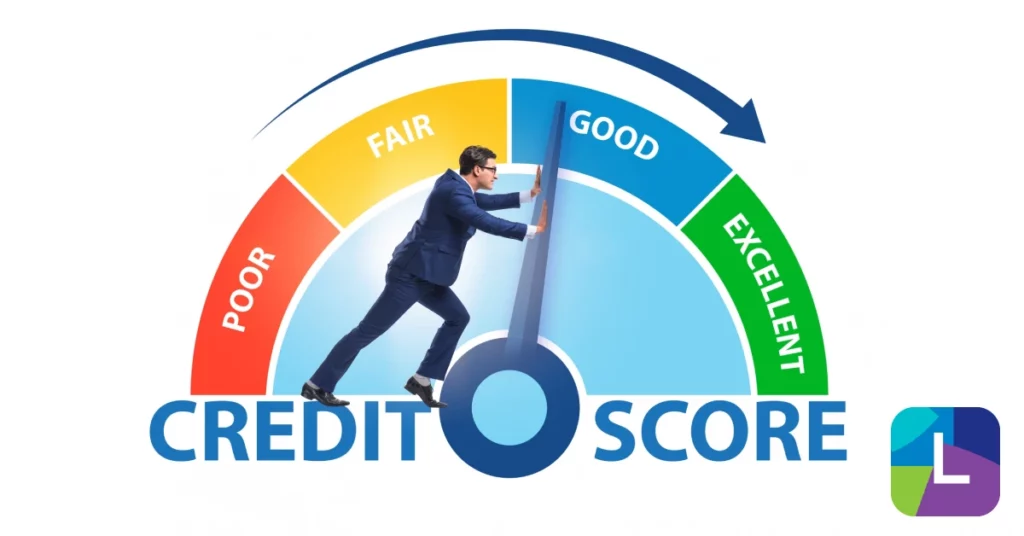Your credit record plays a significant role in shaping your financial future. Whether you’re applying for a mortgage, taking out a loan, or even signing a rental agreement, your credit score can determine your eligibility and the terms you’re offered. But did you know that your household bills, such as utilities, broadband, and even your mobile phone contract, can influence your credit score?
In this article, we’ll explore how household bills impact your credit record, what you can do to improve your credit score using bill payments, and how to avoid common pitfalls.
What Is a Credit Record, and Why Does It Matter?
Your credit record is a summary of your financial history, showing lenders how reliable you are when it comes to borrowing money and repaying debts. It includes details about your loans, credit card usage, and sometimes even your household bills.
A good credit record can:
- Help you qualify for better interest rates.
- Improve your chances of being approved for financial products like mortgages and car loans.
- Provide landlords and employers confidence in your financial responsibility.
Do Household Bills Affect Your Credit Score?
Bills That Usually Affect Your Credit Score
Not all household bills appear on your credit record. Here are some common ones that do:
- Utility Bills (Gas, Electricity, Water): If you miss payments, your utility provider can report the debt to credit agencies.
- Mobile Phone Contracts: Missing payments or defaulting on a contract can harm your credit score.
- Broadband and TV Subscriptions: Like utilities, these payments can affect your credit score if you’re late or default.
- Buy Now, Pay Later Services: These are increasingly being reported to credit agencies.
Bills That Usually Don’t Affect Your Credit Score
- Rent Payments: Unless your landlord reports them through specific schemes.
- Council Tax: These payments are not directly reported to credit agencies, though enforcement action can appear on public records.
- Insurance Premiums: Unless paid through a credit agreement.
How Household Bills Can Help Build Your Credit Record
If managed responsibly, household bills can boost your credit score.
Here’s how:
- Consistent Payments: Paying bills on time demonstrates financial responsibility and reliability to lenders.
- Credit Building Services: Services like Experian Boost allow you to link your utility and subscription payments to your credit record. This can help improve your score if your payments are regular and on time.
- Building a Credit History: For individuals with a thin or no credit file, adding household bills to your record can provide a positive history over time.
Common Mistakes to Avoid
- Late or Missed Payments: Even one late payment on a utility bill can harm your credit score. Set up direct debits to avoid missing due dates.
- Disputing a Bill: If you’re disputing a bill, communicate with the provider to avoid non-payment being reported as a default.
- Sharing Utility Accounts: Joint accounts for utilities can impact your credit record if your co-account holder misses payments.
What Happens if You Miss Payments on Household Bills?
Missing payments can lead to:
- Penalty Fees: Providers may charge late fees, increasing your financial burden.
- Impact on Credit Score: Missed payments can be reported to credit reference agencies, damaging your score.
- Debt Recovery Action: Unpaid bills may be passed to collection agencies, further impacting your financial standing.
How to Check If Your Household Bills Appear on Your Credit Record
- Review Your Credit Report: Use free services like Experian, Equifax, or TransUnion to see which bills are being reported.
- Look for Defaults: Check for any late or missed payments reported by utility providers or subscription services.
- Sign Up for Credit Monitoring: Regular monitoring can help you identify issues early and take action.
Tips to Improve Your Credit Record Using Household Bills
- Set Up Direct Debits: Automate your payments to avoid missing due dates.
- Register for Experian Boost or Similar Services: These services let you include utility and subscription payments to improve your score.
- Reduce Debt: Pay down outstanding balances to avoid negative marks on your credit record.
- Keep Utility Accounts in Good Standing: Always settle disputes promptly and maintain consistent payment records.
FAQs About Household Bills and Credit Records
- Do utilities build credit?
Some utilities can contribute to your credit record if reported to credit agencies or through credit-building services. - Can unpaid utility bills affect my credit score?
Yes, missed payments on utilities may be reported to credit agencies, which can harm your credit score. - How can I improve my credit score with household bills?
Pay all bills on time, consider using credit-building services, and review your credit report for any errors. - Are all household bills included on credit reports?
No, only certain bills like utilities, broadband, and mobile contracts are typically reported.
Related Blogs


